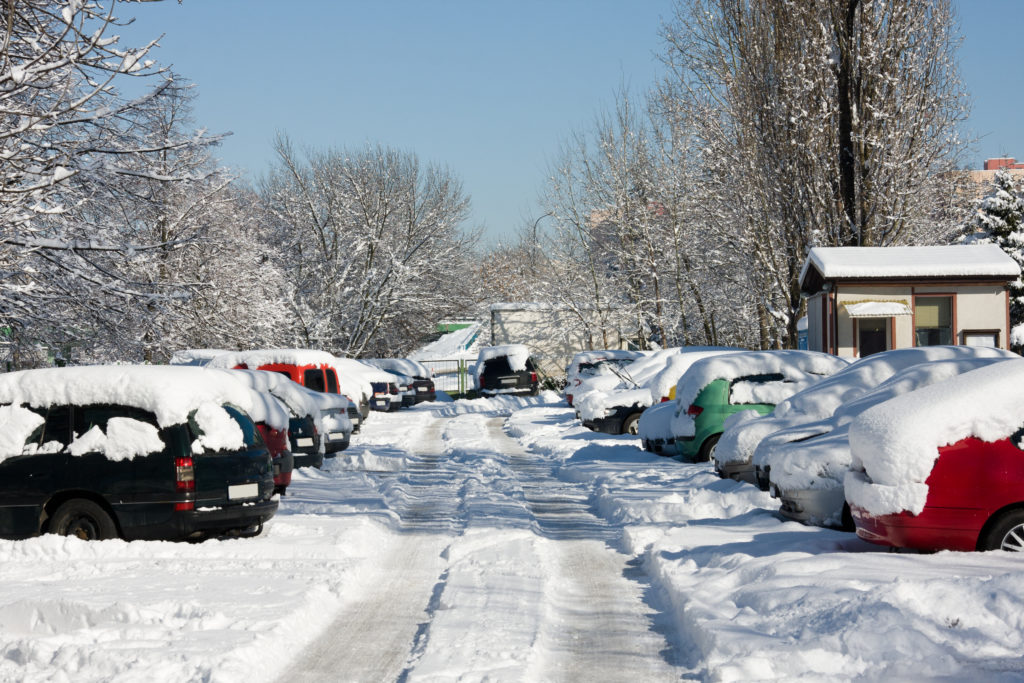
Top Tips to Winterize Commercial Properties
Winterizing all properties is a must and commercial properties are no exception. Harsh winters and freezing temperatures bring up many concerns that can ultimately result in commercial property damage, hefty repair costs, and potential disruption to the business. Here are Property Manager Insider’s 7 top tips to winterize commercial properties this fall.
Preparing For The Winter Season
Before the winter season begins, perform a routine inspection of your property. Regularly inspecting your property allows you to stay on top of damage. Catching problems early on is often cheaper than when there is an emergency. During your inspection, pay attention to key areas that will be affected by freezing winter temperatures, blizzards, freezing rain, and ice storms.
Roofs, gutters, and irrigation systems should all be inspected before they are covered in snow. Property managers should address issues before winter if possible.
Check On Your Roof and Gutters
Winter weather can often loosen tiles or shingles, or cause roof leaks, resulting in costly damage to your property. In addition, leaks can quickly lead to mold damage which is threatening to human health. Check your roof before the winter season begins to ensure that leaks are sealed.
Clogged gutters can also lead to roof damage because leaves and other debris that has fallen can cause water accumulation on your roof. By including gutter maintenance in your fall roof inspection and a maintenance plan, you can avoid serious damage caused by standing water on your roof during the winter months.
Shut Down Irrigation Systems
Any time the ground freezes, it can seriously damage your irrigation system. Freezing water expands, causing fittings, sprinklers, and other parts of your irrigation system to burst or break. This will result in many components of your system being destroyed, meaning that come spring you will have a costly repair or replacement.
Most irrigation systems recommend that you “blow out” your system rather than relying on gravity to drain the water out of the pipes. Many irrigation systems will void their labor and parts warranty if the system is not properly weatherized.
Once you have properly winterized your irrigation system, you can shut down your control box. Once spring arrives, you can turn it back on.
Staying Ahead of Winter Problems
During the winter months, there are many things you can do to avoid emergencies. Continuing your regular inspections will allow you to stay on top of concerns around your property. Ensuring that water, cold air, and freezing conditions remain outside will protect your property from serious damage.
This is especially important after a major winter weather event. A quick building envelope inspection can identify any storm related damage. This allows property managers to get in front of any major issues and begin the commercial insurance claim process sooner rather than later.
Keep The Thermostat Over 50 Degrees
Even in vacant units, you must maintain a constant temperature above freezing in your properties. It is understandable that you would want to save money on heating costs in vacant units, however, leaving heating units off throughout the winter months may result in pipes freezing, or worse, a pipe burst. Hidden leaks can eventually lead to major flooding and water damage problems, especially if they go undetected. Setting your heat to a low, consistent temperature is a cost-effective way to prevent major clean-up and repairs.
Preventing leaks and avoiding expensive water damage restoration projects is one of the main reasons to winterize commercial properties.
Keep Drafts Out
Cold air entering your property through cracks in windows and doors drives up heating costs on the electricity bill. Ensuring that all exterior windows are properly sealed, locking sash locks to clamp them down, and caulking gaps between windows and walls will decrease the chance of cold air entering a commercial property.
In addition, you can keep cold air from entering your property through exterior doors by installing weather stripping or a door sweep. Prevent energy waste and high bills by keeping cold air out and warm air in.
Schedule Snow Removal
If your property has a parking lot, keeping it clear of snow and ice is important for the safety of the property and any visitors. Besides the difficulty of getting to your property if your lot is not properly plowed, the last thing you want is an accident occurring that could result in a hefty lawsuit.
During the winter season, snow plow companies are overwhelmed with business. Prepare ahead by working with a snow removal company to schedule snow removal and salting services for parking lots, sidewalks, and walkways. This will ensure increased traction and the prevention of accidents.
By completing the steps above, you will ensure that your property remains protected throughout the winter season, keeping it in top condition.
Find Contractors Using BidSource
Property managers can use BidSource to have the Property Manager Insider team locate a qualified commercial contractor for their next project or service call. Just fill out the form with your project details and a member of our team will be in touch.


